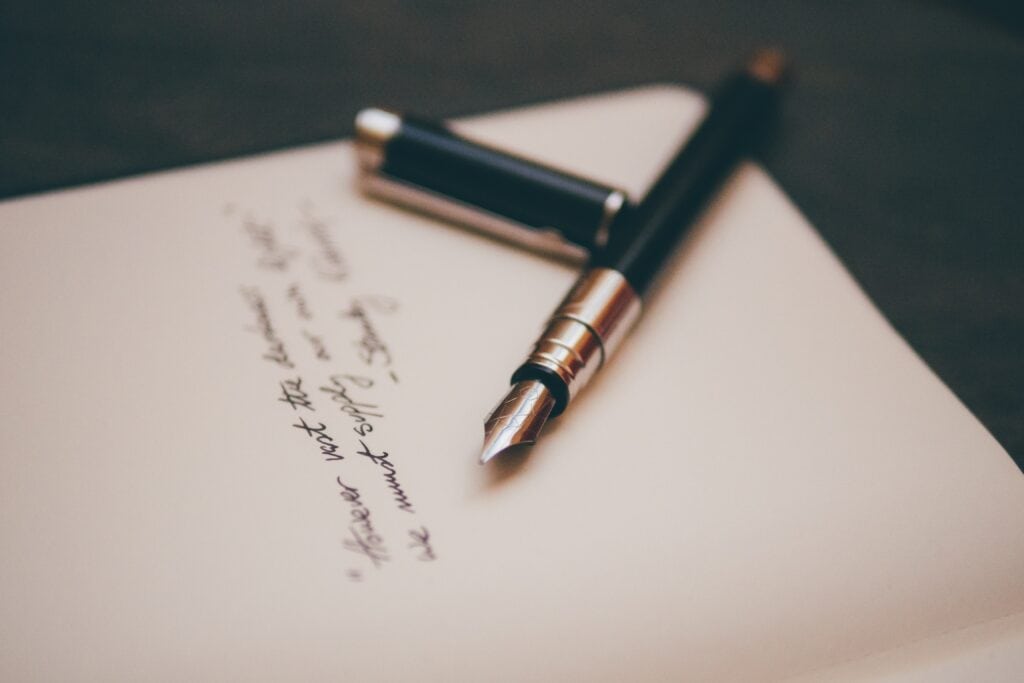Will Solicitors: Lost, Damaged or Destroyed Will
Challenges of Lost, Damaged, or Destroyed Wills - Legal Implications and Solutions:
A Will does not take effect until death and generally speaking, can be changed or revoked at any time provide the testator retains testamentary capacity. A Will can be revoked by destruction by the person making the Will.
Where a Will is found destroyed after the testator’s death, it is presumed that it was destroyed by the testator with the intention of revoking it.
Similarly where an original Will was known to have existed, but is missing on death, there is a rebuttable resumption that the Will was destroyed by the testator with the intention of revoking it. If the Will cannot be found upon their death it raises the question: has it been lost or destroyed?
Lost Will: What to Do? Steps to Take When a Will is Lost:
Do you know there is a Will, but cannot find it? This is a surprisingly common problem. Family may remember the deceased having mentioned they had written a Will, but then they realise they were never told where the actual document is stored. An individual may have been told that they would be the Executor of the estate.
The United Kingdom does not have a central Will registry. There are no requirements to report or record the existence of a Will. In more recent years, a company called Certainty has been attempting to provide a solution to the problem of Wills which cannot be found. Certainty is a national Wills register and is used by some solicitors who offer Will writing services, but the use of its services are voluntary.
Where the location of the original Will are unknown there are various steps that should be taken in order to try to find the Will.
1. Try looking through the deceased’s paperwork, you may find a letter from their solicitor.
2. Contact the deceased’s solicitor and/or bank, solicitors often keep their clients’ Wills in storage facilities.
3. Check with Wills records facilities. Certainty, the National Will Register is the most well-known, they have millions recorded on their system.
Certainty also offers search functions for both Wills which they have registered and Wills which have not been registered.
Registered Wills can be easily searched for in very much the same way as one would for any other register. Unregistered Wills can be searched for at the same time as a registered Will search. This is where Certainty will contact all potential firms and Will writers which the deceased may have used and enquire with them as to whether they hold any information about a Will for them.
Contested Wills Enquiry
Fill out the form and a member of our team will get in touch to discuss how we can help.
Mullis & Peake will use the information you provide in this form in accordance with our privacy policy. With your consent, we may from time to time send you general updates by email or post that we think you will find of interest.This includes notification of upcoming event and updates or alerts containing relevant legal news. You can update your preferences at any time and will be able to easily unsubscribe from anything that you do not wish to receive.
The original Will cannot be located
It does not follow that the administration of the estate is subject to the rules of intestacy.
A copy of a signed Will can still be used in an application for a Grant of Probate (known as “proving” a Will in the application). It cannot be a draft or a copy which is unsigned. A witness statement will be required to explain why it is a copy rather than the original being submitted in the application. The Probate Registry will consider the circumstances surrounding the application, and decide whether or not to issue a Grant or make further enquiries.

Destroyed Will: Navigating the Consequences
When an original Will has been destroyed it is usually determined that the Will has been revoked. An application can be made to court for evidence of the Will's contents to be accepted in place of the original Will. This can cause great difficulties and ultimately it can be left to the Probate Registry as to whether or not the application can progress on the strength of a copy of that last Will. If there is no earlier Will then the estate will fall to be distributed under the Intestacy Rules.

Various Ways a Will Can Be Destroyed:
A Will can be destroyed directly by the testator or by the testator giving directions to a third party in their presence.
What Happens if a Solicitor Loses a Will?
An application for a grant of probate can still be made if only a copy Will exists but the court would need to be satisfied before they issue the grant:
• The application will need to address the issue of due execution; and
• The court will want to be satisfied as to why the original cannot be found and what steps have been made to locate and find the original Will.
Providing copy Wills is an extremely complex area and expert evidence should always be sought. To be allowed to proceed, witness evidence will be required to confirm the existence of the original Will and explaining why it cannot be produced. It must also give details of what was in the Will. Where the contents of the Will are likely to be challenged, the registry may require the application to be dealt with by giving notice to any potential beneficiaries.

What happens if a later Will is found?
If a new Will is discovered after the estate has been administered, you need to get expert legal advice. The original Grant of Representation should be revoked and a settlement negotiated. If this is not possible, then legal proceedings may follow.
This is problematic if the newly discovered Will is valid as the estate may have been administered incorrectly. Either, it will have been administered according to the rules of intestacy, if it was thought that the deceased didn’t have a valid Will or, it will have been administered according to the terms of an old Will (which may have different provisions), but now a later version of the Will (or a codicil) has been located.
The personal representatives who administered the estate are personally liable for any mistakes. The correct beneficiaries will, understandably, be upset that they have not received their entitlement. Yet the beneficiaries who were paid out incorrectly may have already spent their inheritance. Where possible, a negotiated a settlement should be reached between the parties involved as court proceedings will be expensive and lengthy.
Safeguarding Your Will: Prevention Strategies
Most people lodge their Wills with their solicitor for safe keeping. Solicitors that have archive facilities are usually happy to securely store your Will. At Mullis & Peake all Wills are kept in our safe storage room free of charge.
Legal Assistance and Advice at Mullis and Peake
There are record numbers of inheritance disputes are going through the courts, as modern family structures and rising house prices push more families to contest unfavourable outcomes. The law in this area is complex so it is important to use a specialist contested Wills solicitor. There are also strict time limits for making a claim and your solicitor will be able to ensure these are complied with.
We act for both claimants and the estates claimed against and will guide and support you through this complicated area of law.
Frequently asked questions
It is not always possible to find the Will and if it is lost, is presumed destroyed by the testator and therefore revoked. Sometimes there will be a copy of the Will and it is possible in limited circumstances to apply to the court to prove that copy Will, but everything will depend on the factual circumstances surrounding the Will’s preparation.
Mullis & Peake have specialists in contested Wills ready to help you. Contact us online today or call us on 01708 784000.
Alternatively, request a call back to have one of our experts contact you at a time that suits.






















